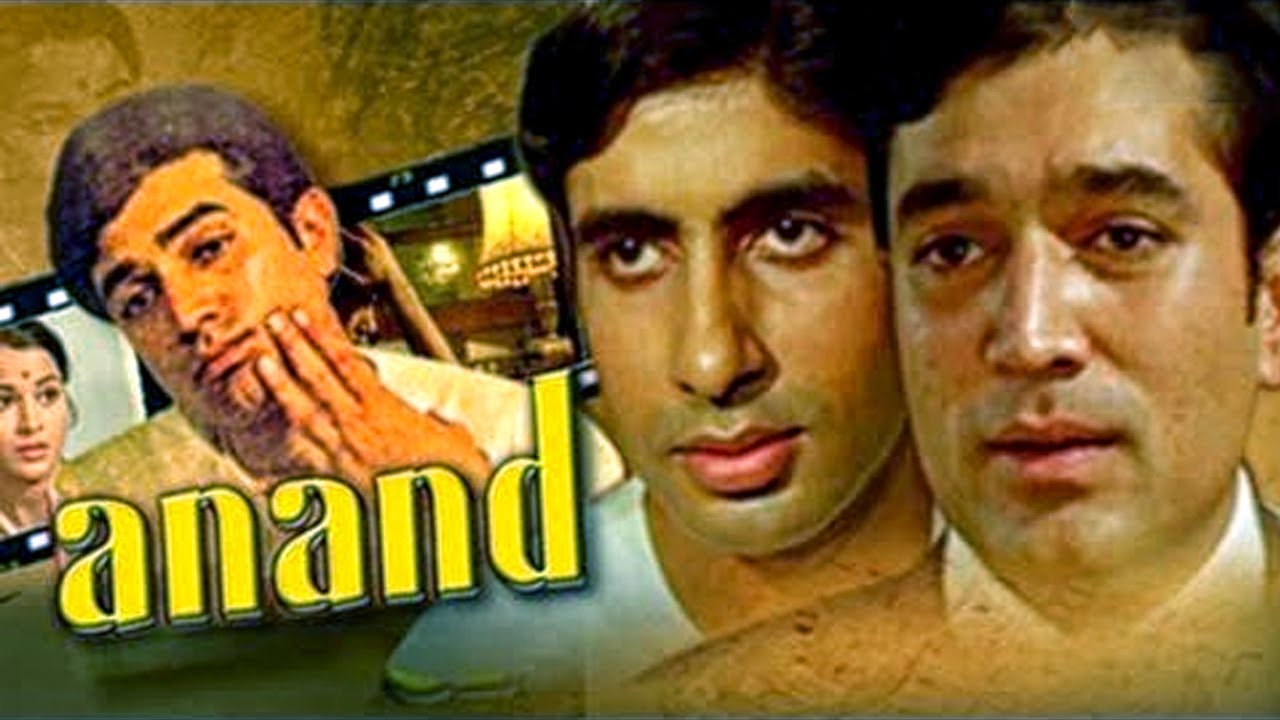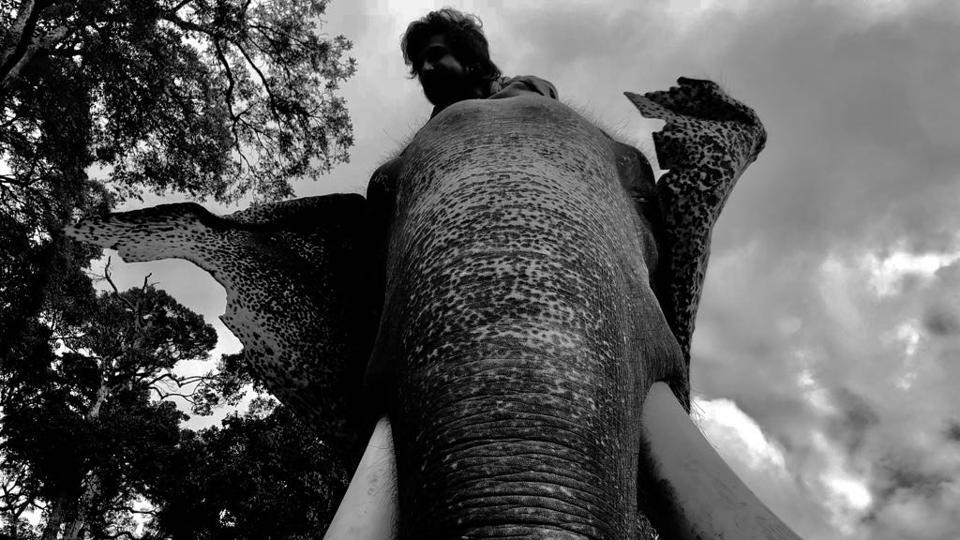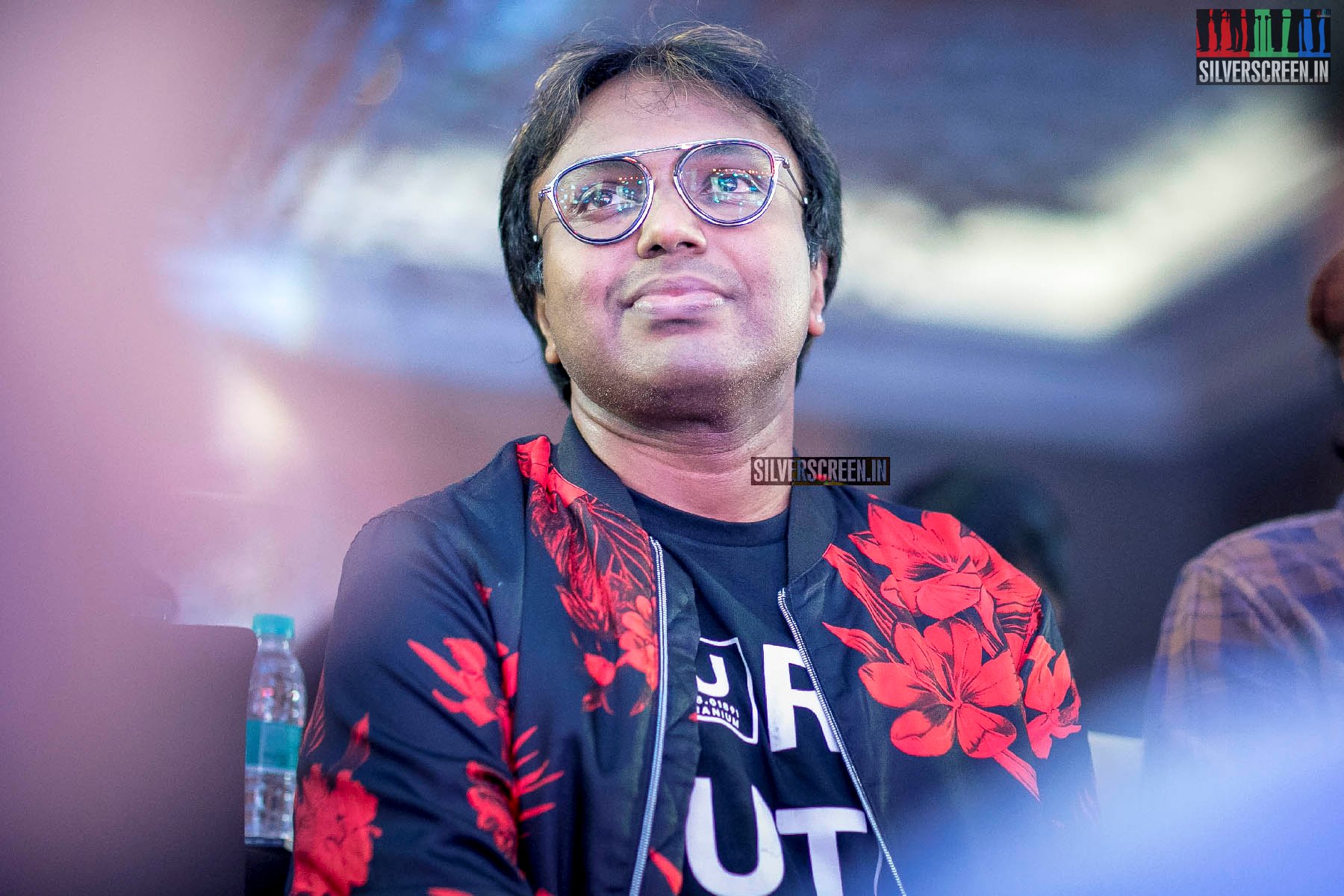In the summer of 1999, the Kargil war broke out. With just-launched television journalism bringing the war into our drawing rooms, Indians were more patriotic and anti-Pakistan than they had ever been. Just as the war was heating up, Sarfarosh – about an Indian police team cracking the Pakistan Army-ISI-Naxal gun-running-in-chilli-bags racket, spanning the forests of Maharashtra, the bylanes of Mumbai and deserts of Rajasthan – released. Needless to say, the film was a runaway success.
Sarfarosh directed by John Matthew Matthan was a film made in a particular context, to capture a particular time. Despite logical loopholes and hurried editing, “Don’t Mind” Seema, Mirchi Seth, Gulfam Hassan, “Aasman Mein” Fatka, an interrogation scene featuring Nawazuddin Siddiqui, and Jagjit Singh’s ghazals still linger in our consciousness.
But if there was one character who encapsulated the politics of the film, it was Inspector Salim. Played by a towering, glowering Mukesh Rishi (now putting his scowl to great use as the villain in every other Telugu film), Saleem is a crack cop in the Crime Branch with a vast network of quirky informers. After a botched-up operation to nab a dreaded terrorist, Saleem is asked to step aside from the team, and the task is given to ACP Ajay Singh Rathore (Aamir Khan). Salim was played by a Hindu and Rathore by a Muslim.
While handing over the file to ACP Rathore, Salim rues the fact that one mistake from him gets people murmuring about his religion and suspecting his loyalties, whereas ACP Rathore’s much bigger slip-ups are condoned. Rathore, in reply, refers to India as “mera mulk” (my country) to which Salim asks, “Mera nahin hai?” (is it not mine?) Rathore’s reply: “Shaayad nahin” (perhaps not). Salim walks away dejected.
The next day, while Rathore’s team flounders, Salim hands them a lead they never thought they would get. Rathore apologises to him and says that to crack this case, “Mujhe dus Salim chahiye” (I need 10 Salims). Salim responds, “You’ll find ten thousand Salims…. If you are willing to trust them.” He then commands Rathore, “Don’t ever tell another Salim that this country is not his.” Rathore says, “Nahin kahunga.” (The lines are so iconic they’re in the trailer.)
In another scene, Haji, a Pakistani agent, tells Salim he should support them because they are of his religion. Salim gives him a lesson on the meaning of mussalmaan, and how it means someone whose “imaan”, or honour, is strong, one whose conscience is clear. In two scenes, Salim has told off both, the Hindu who suspects the Muslim’s commitment to the nation and the Muslim who wants his fellow Muslims to betray the nation. The Indian Muslim has reiterated that this country is his home, as much as it is every Hindu’s.
In the twenty years since Sarfarosh, India has changed. Right-wing politics has capitalised on the Godhra riots in Gujarat, the Parliament attack in 2001, the attack on the Taj Hotel in 2008, and other terror attacks by a loose group styled as the Indian Mujahideen to fuel the common Hindu’s suspicion of Muslims around him. The intolerance debate was met with cries of #GoToPakistan. Aamir Khan himself was asked to #GoToPakistan after which he has made no public political statement. Pakistani actors were sent home for no reason but the fact that they were Pakistani. Cow-related Muslim lynching (one of them even on camera) met with widespread majority support or indifference. The Muslim is told every single day on TV debates and WhatsApp forwards that this is not his home. The Government’s promise that Assam’s NRC will be replicated throughout the country came with a rider that Hindus, Buddhists, Jains, and Sikhs need not worry. Even a Muslim who served in the Indian Army was excluded from the NRC. The latest in these actions has been, of course, putting India’s only majority Muslim state in complete lockdown, in a bid to “integrate” it.
In this atmosphere of uncertainty, Inspector Salim has resurfaced as Inspector Majid Ali Khan, played by another Aamir (Aamir Bashir) in Sacred Games (adapted from a book of the same name by Vikram Chandra). Majid is a Muslim cop, in Mumbai again, involved in the investigation of Islamic terror. Just like Inspector Salim, he’s shown as a devout Muslim, doing namaz on a Friday afternoon in a quiet part of his office. He is introduced to the audience, early in the first season, in a scene where he is trying to cover up a fake encounter of an 18-year-old Muslim boy. The perpetrator is his superior, Parulkar, and a key witness is Sartaj Singh (Saif Ali Khan), the Sikh-cop protagonist. In this context, Sartaj even refers to him as a “traitor”. Sartaj tells him to reconsider what he is doing. He even reminds Majid that he was the topper at the Academy. Majid does not respond. In the first season, Majid comes across as a garden-variety Indian cop in a realistic drama – he puts his superiors and post above his ethics. But the second season shows us why Majid is not able to be a Salim.
A misstep from Majid’s team, and some lucky success from Sartaj, leads Majid to be put as Sartaj’s deputy in that very mission. His acceptance of Sartaj as his boss is grudging at first, but wholehearted very soon. Majid is, just as Salim was, struggling with his identity as a Muslim in this world where his enemy uses his religion as the justification for terror.
But Majid’s similarities with Salim end there. Majid does get to not give any grand speeches proclaiming his love for the land, or that this land is his home. His faith has prevented him from finding a bigger house for his family, and he is constantly trying to not draw attention to his religion. Even the scene where he asks the terror suspects if they even read the scriptures or understand what the ghazwa-e-hind was, ends only with frustration and not with a triumphant telling-off.
When Sartaj asks him why he kowtows to Parulkar, Majid says, “It is to hide my name. It’s better to be known as Parulkar’s boy, than as Majid Khan.” Of the entire team on the mission, Majid is the only one who dies.
We must ask ourselves why this is the on-screen Indian Muslim today? He is cynical and resigned. This is Majid’s home, his land, but he wants to hide because he isn’t trusted. He has no space to vent his grievances and demand trust because that only breeds more suspicion. Twenty years ago, we were told that there will be ten thousand Salims in this country. Today, they would only be Majids, it seems.



